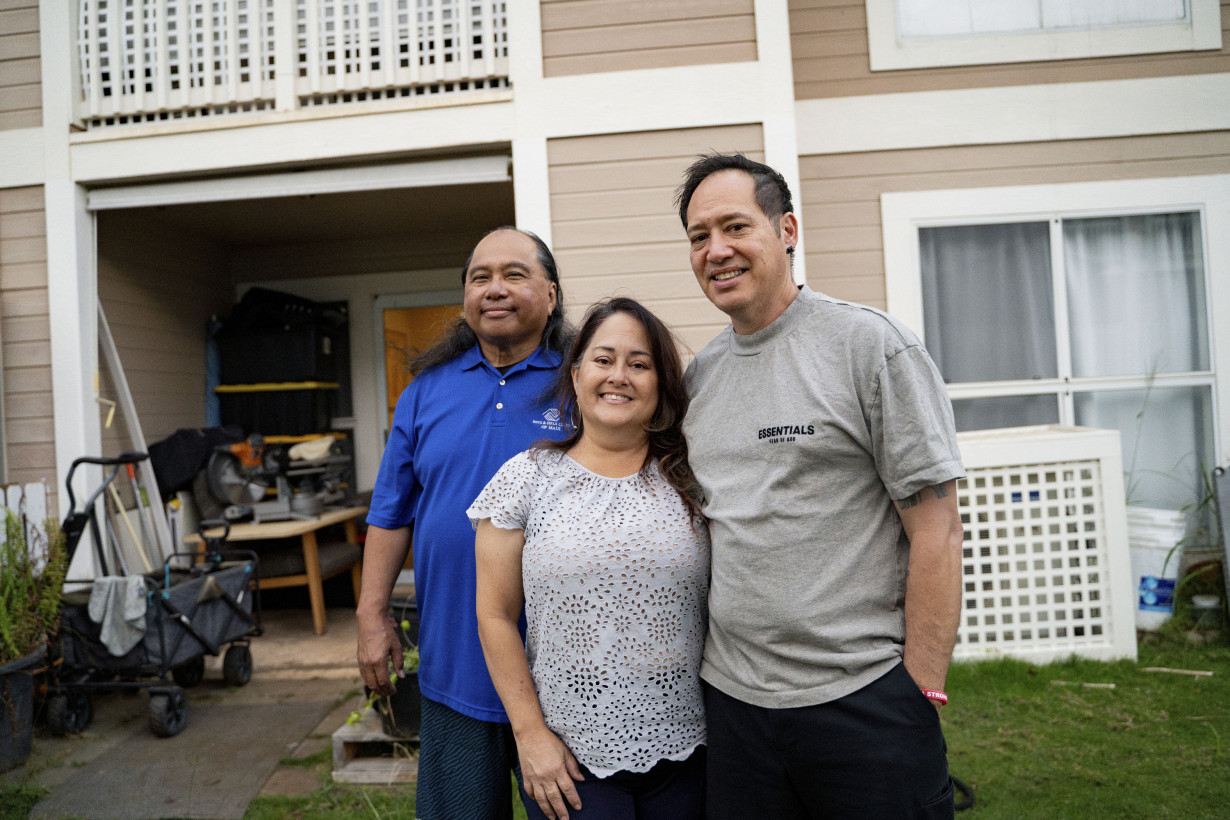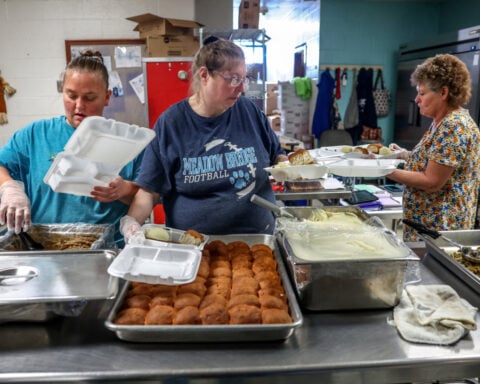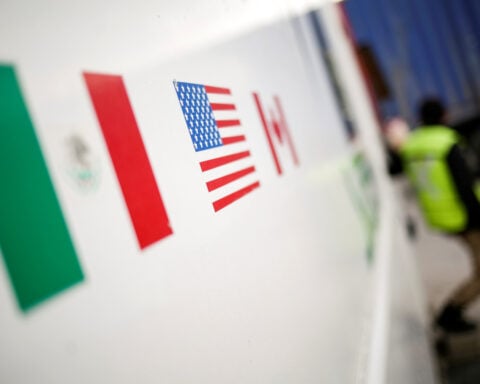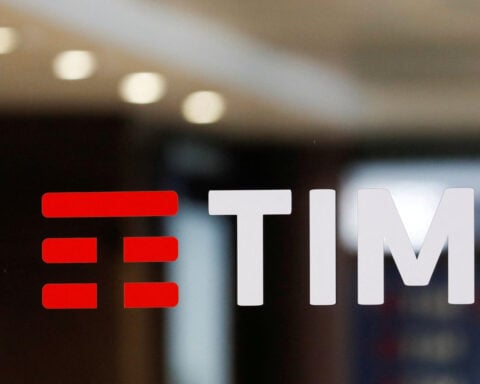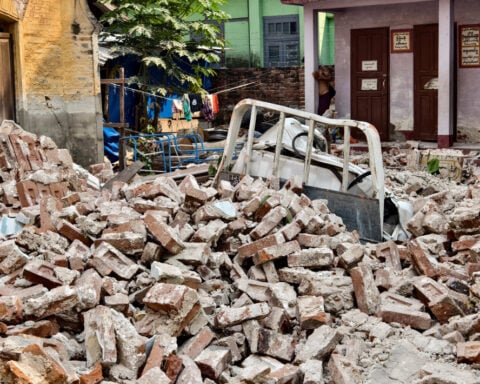WAILUKU, Hawaii (AP) — The Lahaina home Tamara Akiona shared with 10 people was never quiet, and she loved it that way.
Akiona, her husband, uncle, stepdaughter, and her best friend’s family filled the house once owned by her grandparents, with four bedrooms, two living rooms and a spacious backyard.
She remembers the happy anticipation of hearing the front door open and not knowing who'd come home. Someone was always in the kitchen cooking. Neighbors gathered in the evening to chat and share food from their gardens. Kids chased the shave-ice man as he rolled past in his truck.
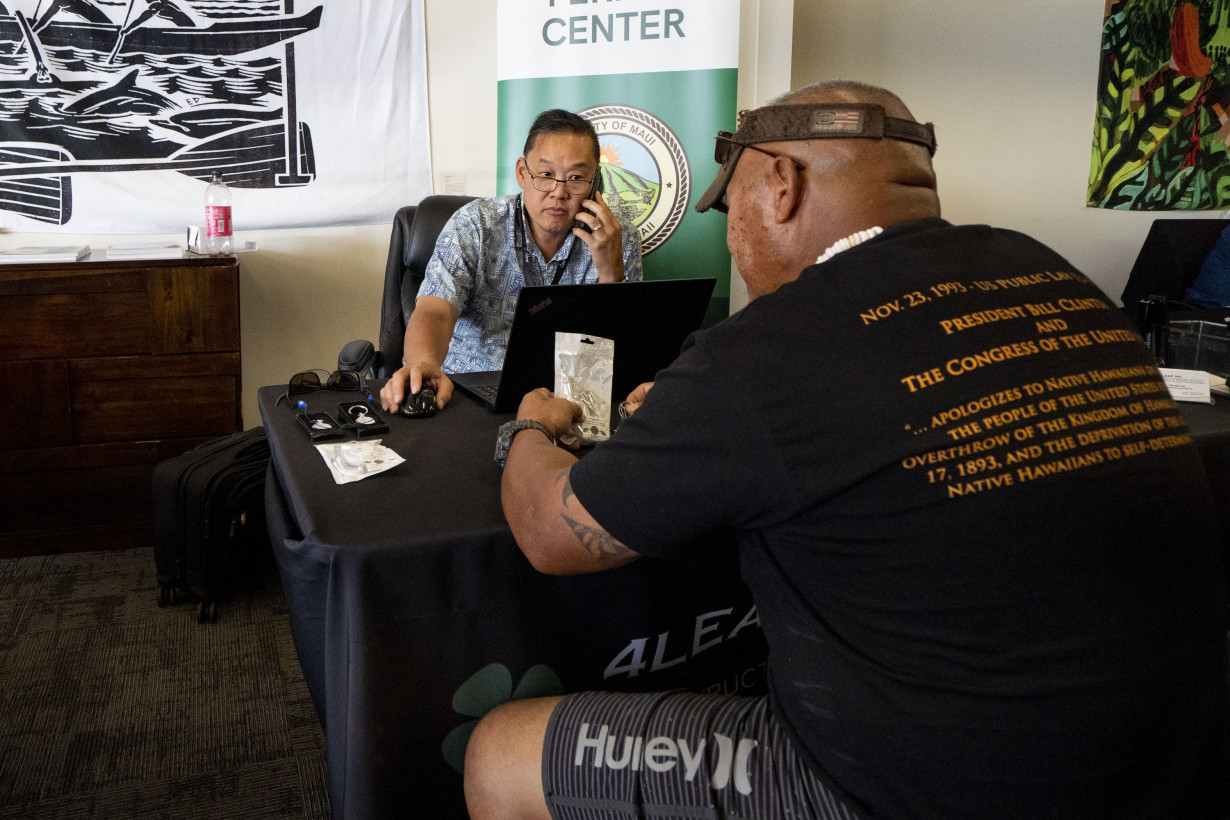
“That’s the stuff I miss,” said Akiona, 51. “We just don’t have that anymore.”
The home was one of the 1,898 residential structures that burned in the August 2023 Maui fires, which killed at least 102 people and displaced 12,000. Now Akiona and her husband live in a two-bedroom condo in Wailuku, 40 minutes from Lahaina. When they moved, she insisted her uncle, Ron Sambrano, come with them.
“It’s like ‘Lilo and Stitch,’” said Akiona, referring to the Disney movie about family bonds. “Nobody’s left behind.”
Estimates say up to one-third of those displaced by the Maui fires wound up in the homes of friends and family in the weeks after the disaster. It was a natural solution on an island already struggling with a housing crisis and where values like generosity and family are deeply rooted. But increasing a household's size overnight can be stressful, and expensive.
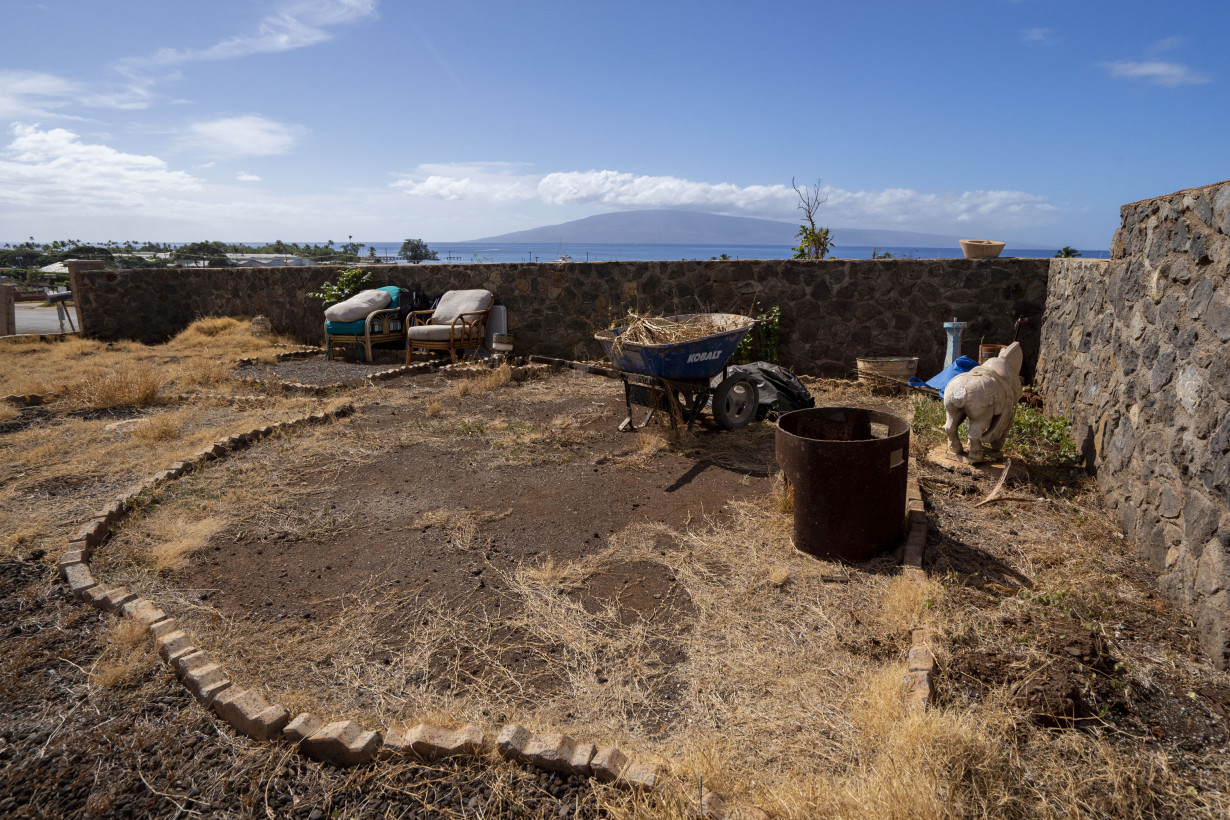
The Akionas and families like them received support from a first-of-its-kind disaster-relief program. For one year, the Council for Native Hawaiian Advancement's Host Housing Support Program gave people who took in displaced loved ones stipends of $500 per person, up to $2,000, each month.
Disaster responders and advocates say it’s a powerful example of how to shape support around survivors' cultural values and preferences, while alleviating the demand for temporary housing and keeping families and communities intact.
“Every single time we see a megafire we see mass displacement, and the most common displacement we see is that people then double and triple up with relatives and friends, sometimes for a few years even,” said Jennifer Gray Thompson, CEO of the disaster-advocacy nonprofit After The Fire. “But what they never get is actual money to do it.”
‘The fabric of Hawaii’
Right after the fires, the Council for Native Hawaiian Advancement, or CNHA, quickly learned how many displaced were bunking with friends and family — to avoid the hotels where 8,000 people were temporarily sheltered, because they couldn’t find an affordable rental, or because they simply preferred it.
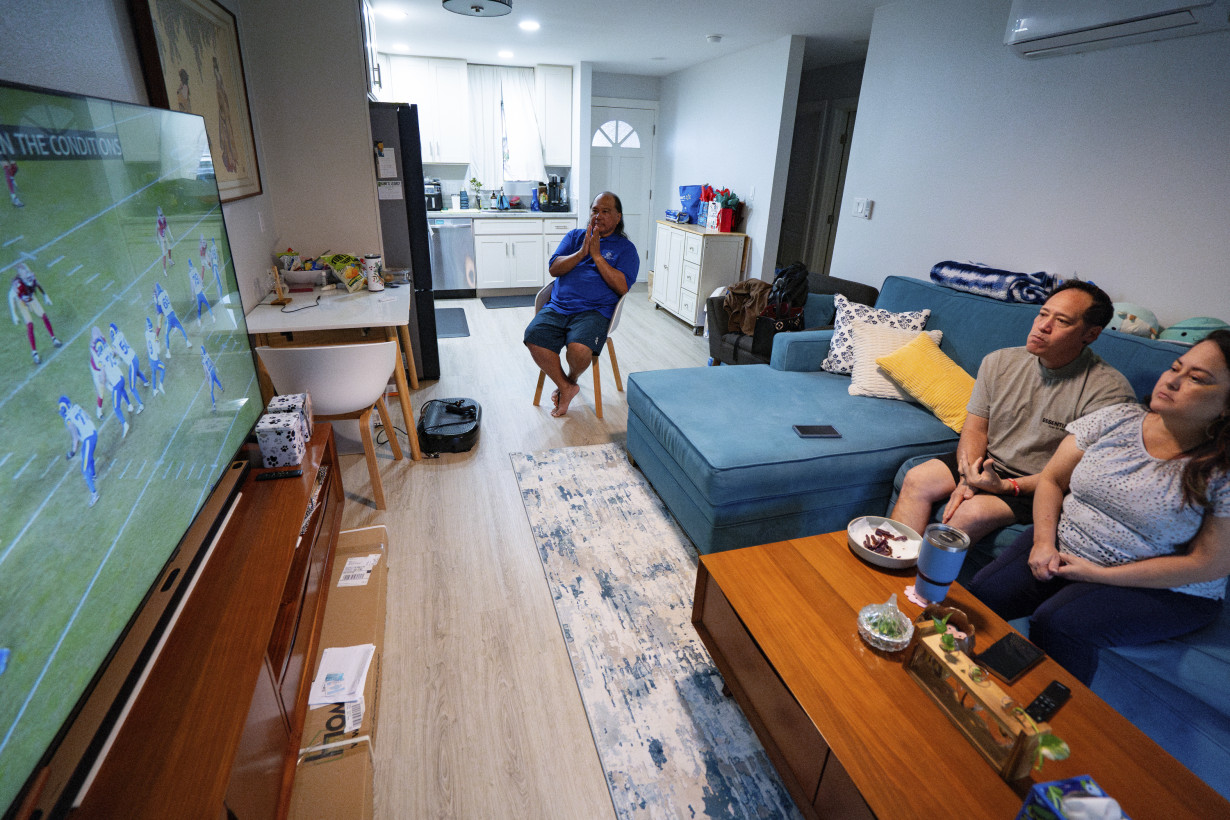
“That’s very normal in Hawaii where you lean on your friends and family,” said Kuhio Lewis, CEO of the 23-year-old Oahu nonprofit. “That’s just part of the fabric of Hawaii, it’s this aloha spirit that’s unique to us.”
CNHA recognized that these informal living arrangements would be essential to keeping families housed and decided to make them part of its overall disaster response. It launched a small pilot program in October 2023 that paid households $375 per person for six months. Both host and guest went through a vetting process, including interviews and an in-person home inspection.
With donations from the Hawaii Community Foundation and the American Red Cross, CNHA increased the payment to $500 per person and extended the program to 12 months. The $2.5 million effort supported 672 displaced people staying in 253 households.
The money helped the Akionas pay the new condo HOA fee and gas to commute back to Lahaina. It provided a cushion when Tamara’s work managing a vacation rental slowed and Kawehi, 50, took on a second job valeting cars at a hotel only to fall and break his knee.
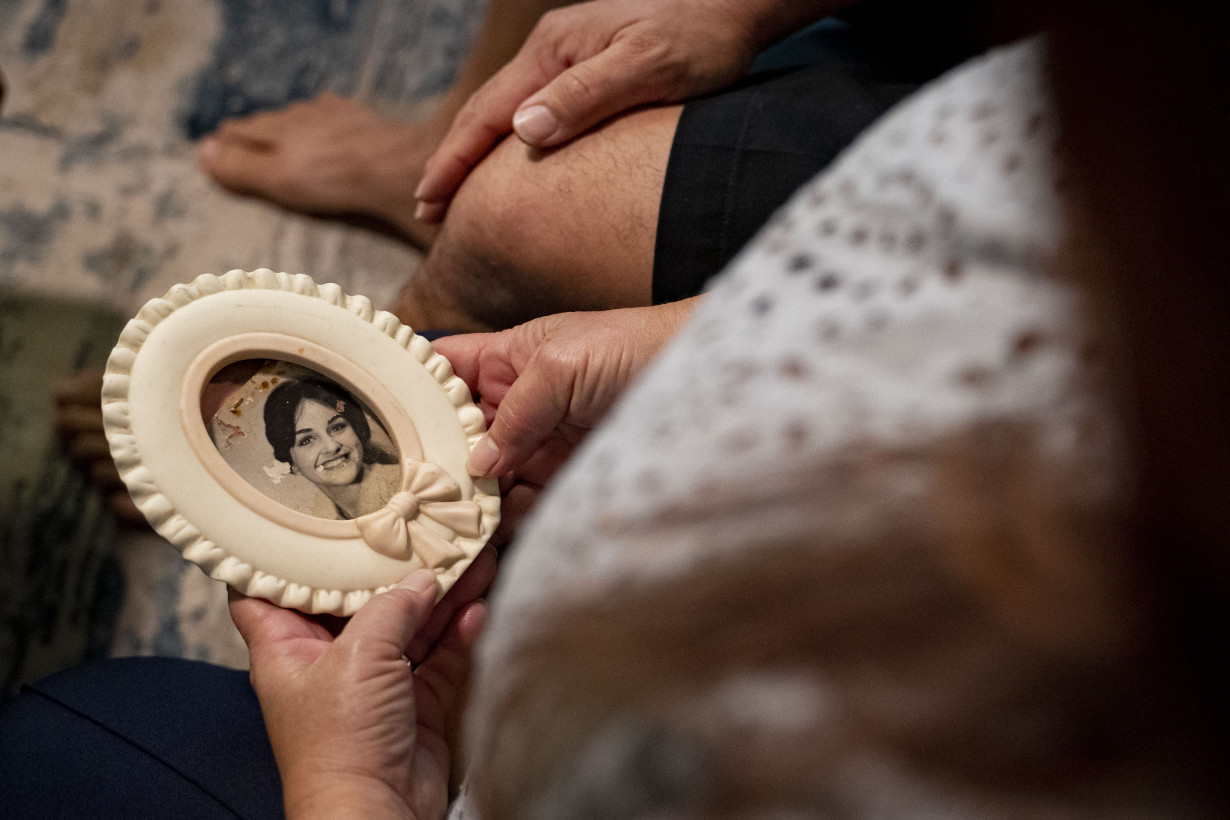
Having their own stability made it possible for the Akionas to help Tamara's uncle Ron Sambrano, too.
Sambrano, 60, watched the neighborhood burn that August night. For months after, he would pull his hat over his eyes whenever he had to ride through Lahaina.
“It was a special place, in less than 24 hours, all that’s wiped out,” he said. “So it’s pretty traumatic.”
Living with his niece and nephew has been a comfort. “They’re doing their best to help me out and just make things work,” he said. “It’s a blessing. I could be on the street without them."
Helping hosts take in loved ones
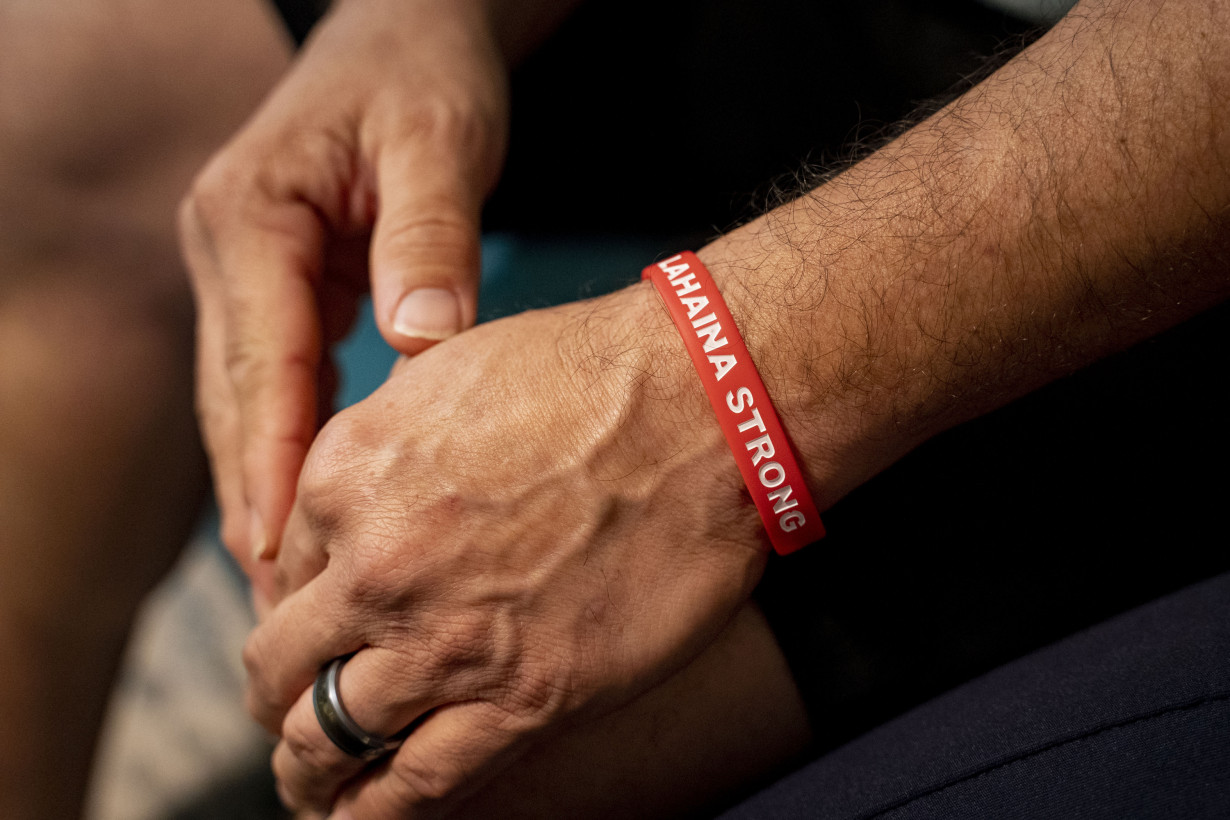
While it’s common for disaster survivors to get financial assistance to stay in hotel rooms or temporary rentals, paying hosts to take in loved ones hadn't been tried in the United States. Doing so can help the entire recovery, said Gray Thompson of After The Fire.
“It has a lot of benefits people might not understand at first glance,” she said. Placing people in already occupied homes can take pressure off a tight housing market as hundreds or thousands of households seek shelter. It can prevent kids from having to change schools, and puts money back into the local economy by helping families afford to shop for groceries and other needs.
Perhaps most important, host programs can help keep families and communities intact. In the year after the fire, estimates say more than 1,500 Lahaina families left Maui due to a lack of housing and job options.
“We need people to stay home in Hawaii,” said Lewis. All of CNHA's housing initiatives since the fires — paying hosts, leasing rentals to families, covering rent, and even building temporary houses — are aimed at preventing further erosion of the community.
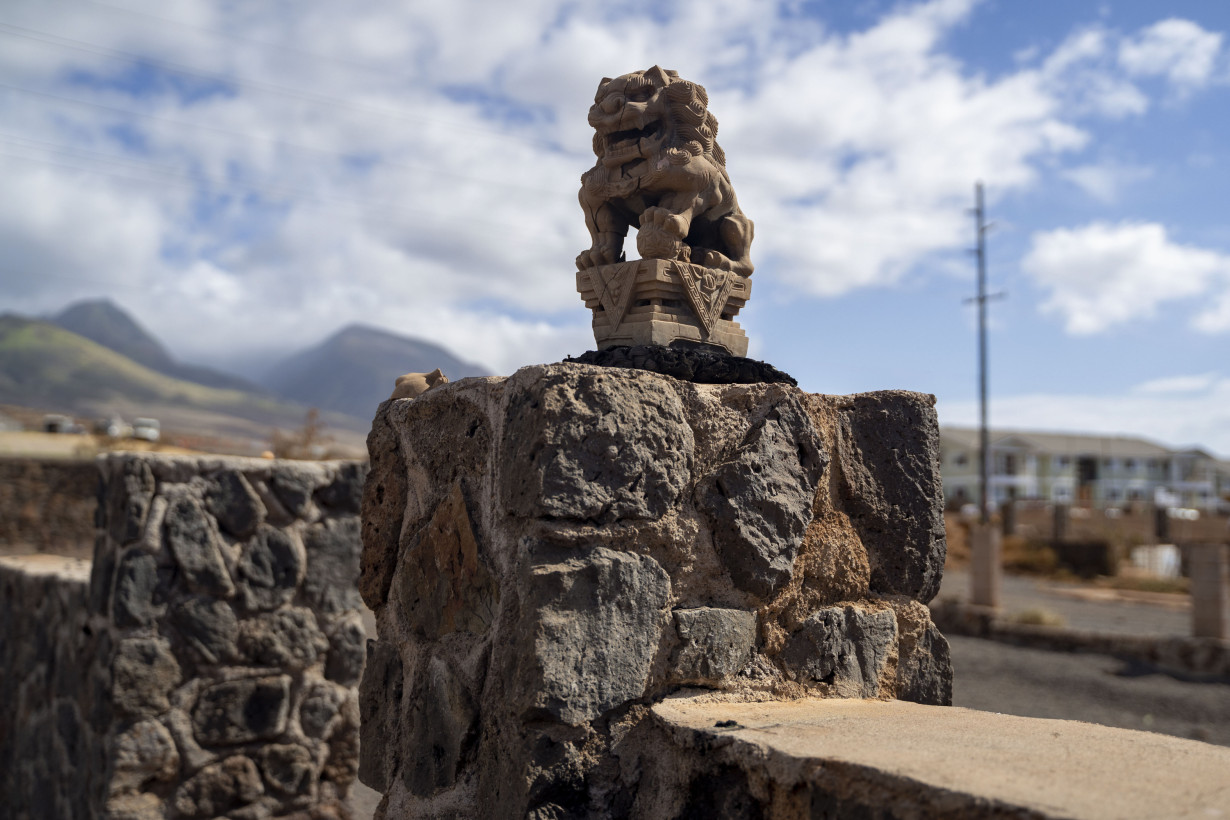
Helping people stay with loved ones had unexpected upsides, too. Of the 6,000 households CNHA has helped since the fires, it found the ones in the host program moved through FEMA and Small Business Administration applications months more quickly than the others.
“The greatest strength of the program was to allow the survivors time and the ability to heal comfortably, while pursuing the more challenging aspects of disaster recovery,” said Skye Kolealani Razon-Olds, director of resiliency for CNHA's Maui programs.
Can other communities try this?
While the first-of-its-kind program ended in November, Maui isn't the only community still struggling with mass displacement. In North Carolina, 10,000 households were placed in hotel rooms after Hurricane Helene, and half are still there.
When asked if the program could be replicated in other communities, an American Red Cross spokesperson said the group “will apply the successes and lessons learned for potential use in future responses.”
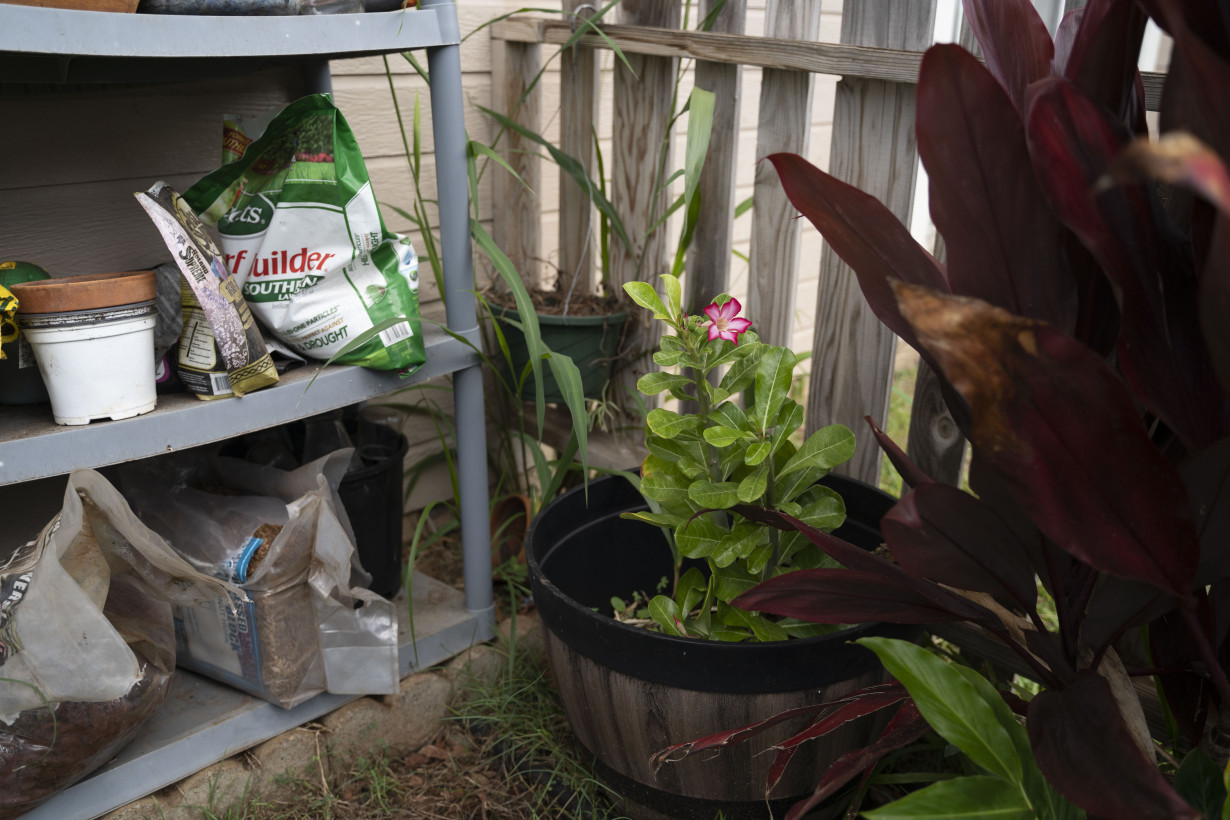
CNHA is entering its next phase, helping people rebuild and return to Lahaina. It partnered with Maui architects to offer free and reduced design plans and is giving almost 200 families grants of up to $15,000 to cover pre-building costs like permit fees, among other initiatives.
The Akionas want to rebuild their home, eventually. They’re waiting on a lot survey. Water hasn’t been restored to their street. With building costs so expensive, they might wait until they can afford to build a house they want to grow old in.
In the meantime, most of their 11-person household has moved to Wailuku or to Kihei, a 20-minute drive away. “For the most part we feel like we have our family unit,” she said. “We’re as close as we can be now.”
———
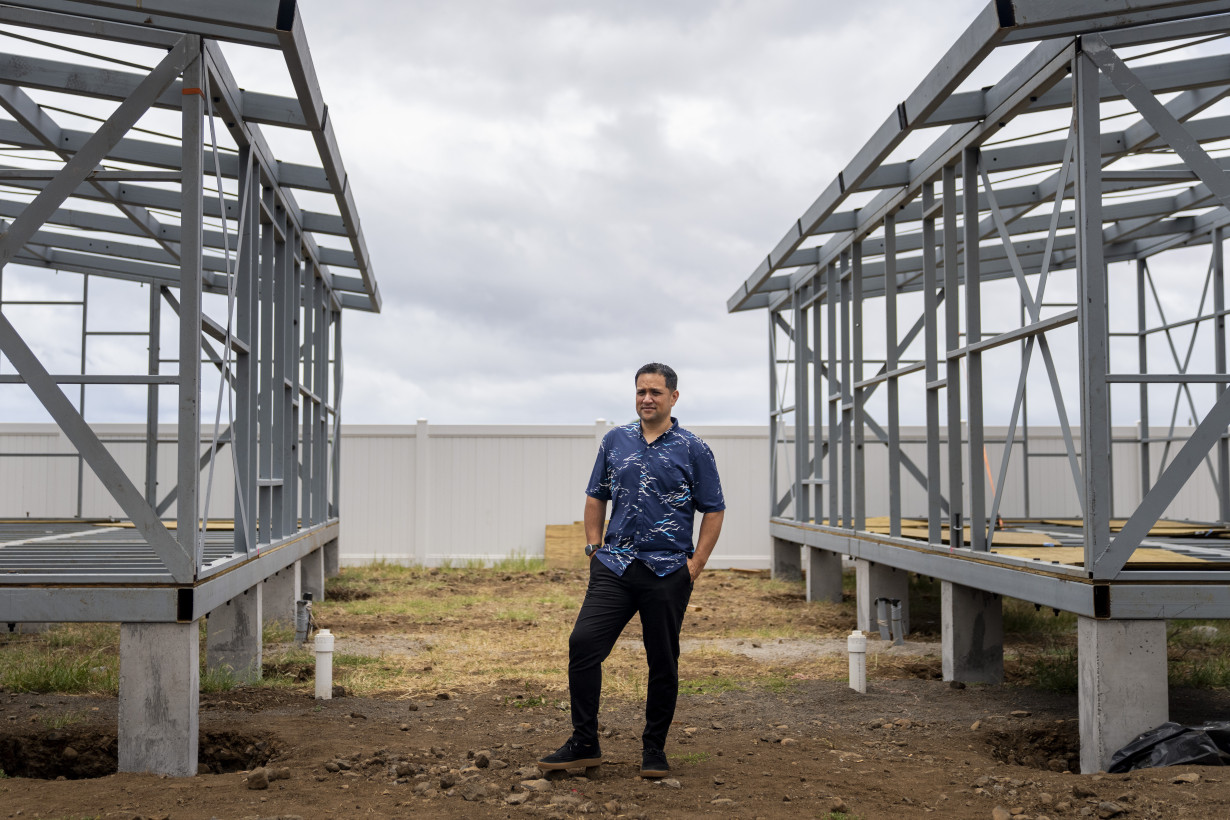
Associated Press coverage of philanthropy and nonprofits receives support through the AP’s collaboration with The Conversation US, with funding from Lilly Endowment Inc. The AP is solely responsible for this content. For all of AP’s philanthropy coverage, visit https://apnews.com/hub/philanthropy.

 Trump has begun another trade war. Here's a timeline of how we got here
Trump has begun another trade war. Here's a timeline of how we got here
 Canada's leader laments lost friendship with US in town that sheltered stranded Americans after 9/11
Canada's leader laments lost friendship with US in town that sheltered stranded Americans after 9/11
 Chinese EV giant BYD's fourth-quarter profit leaps 73%
Chinese EV giant BYD's fourth-quarter profit leaps 73%
 You're an American in another land? Prepare to talk about the why and how of Trump 2.0
You're an American in another land? Prepare to talk about the why and how of Trump 2.0
 Chalk talk: Star power, top teams and No. 5 seeds headline the women's March Madness Sweet 16
Chalk talk: Star power, top teams and No. 5 seeds headline the women's March Madness Sweet 16
 Purdue returns to Sweet 16 with 76-62 win over McNeese in March Madness
Purdue returns to Sweet 16 with 76-62 win over McNeese in March Madness
